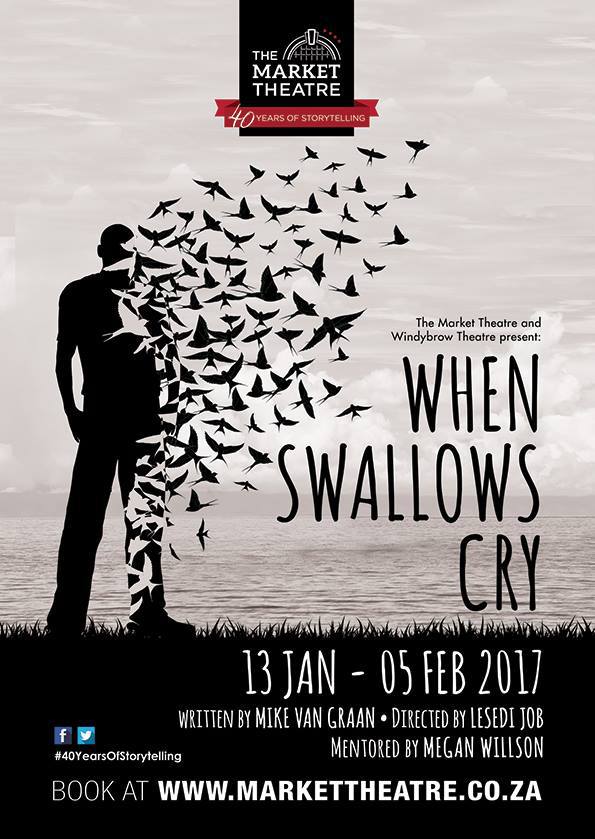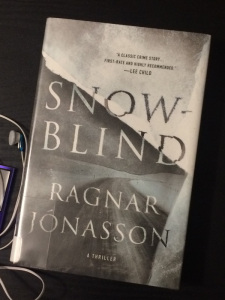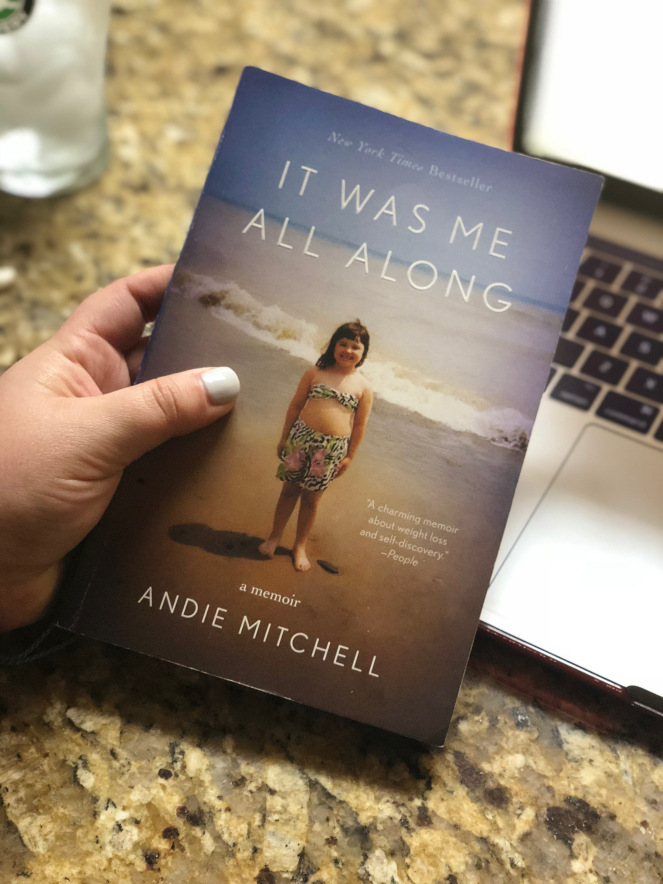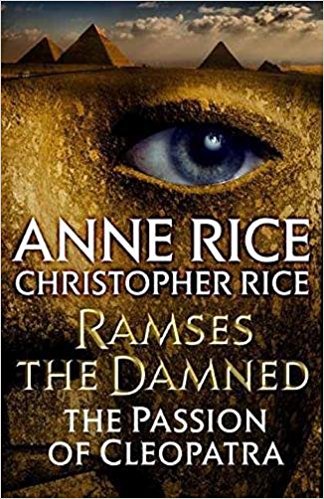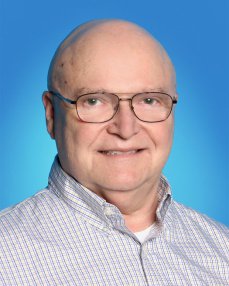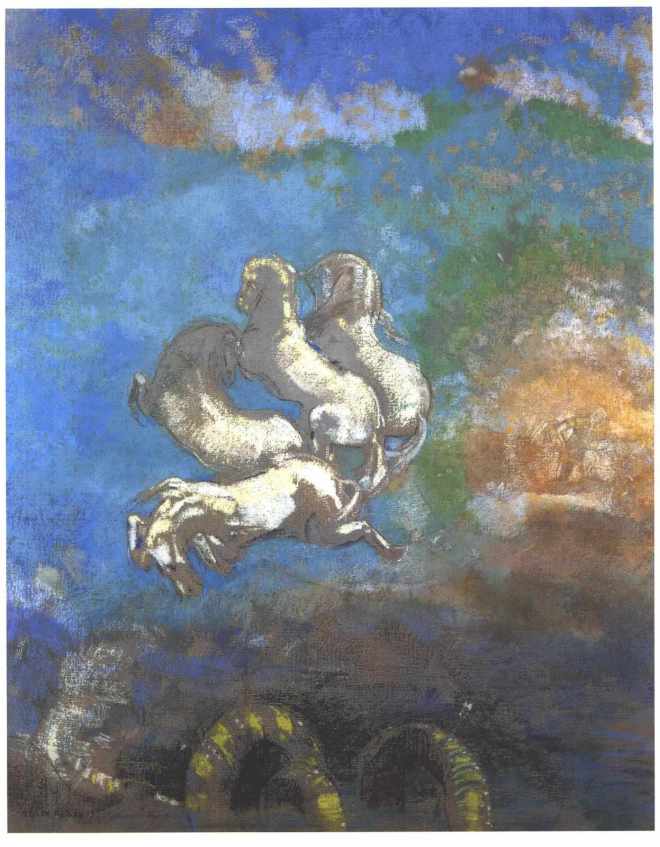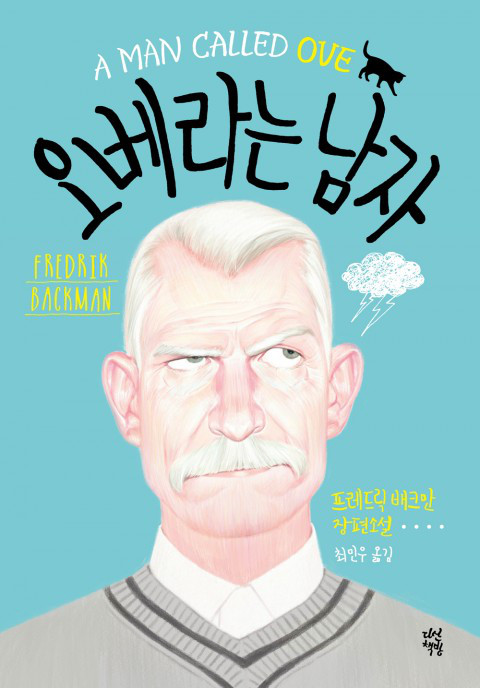Snappy Chatty
Where have you come from? Right now I have come from Muizenberg. Recently I have come from Florida from the Rauschenberg residency.
Where are you going to? I am going to Muizenberg to pack to go to Berlin.
What do you need to remind yourself? I am not as great as all these awards and all the affirmation people have given me as a consequence. I am really not as great as all of that.
What do you tell your friends? Come and see my plays. And tell other people to come and see my plays.
What do you whisper to your enemies: Heeeey. Why don’t you like me? Let’s make a deal.
What do you wish I had asked you? Gee whiz! I think that you have been pretty comprehensive.
Mike van Graan, Cape Town resident and one of South Africa’s leading playwrights, has just won the prestigious 2018 Hiroshima Prize. Only two other Saffas have won it before – Antjie Krog and John Kani. Protea Place managed to corner him for a coffee.
Between the time I called this multiple award-winning playwright to arrange the interview and our actual meeting, Mike won another award. The R1m 2018 Hiroshima Prize, based in Sweden, recognises those who “foster dialogue, understanding and peace in conflict areas”. He received it not only for his vast body of literary work, but also for his political and social activism and his contribution to African cultural policy. To better understand the significance of the latest accolade, it is necessary to jump back in time to Mike’s university days. I had blithely assumed he always loved writing and wanted to write plays. Turns out this was not the case.
Me: Why did you fall in love with writing and why specifically plays?
MvG: It’s kind of long story.
Me: I have got time…
Classified coloured
Mike grew up during Apartheid when students had to attend particular universities based on their skin tone. This had its roots in job reservation with certain jobs only available to white people. He explains: “I was classified coloured and I was supposed to go onto the University of the Western Cape (UWC). But I wanted to go the University of Cape Town (UCT) which I thought offered a good education and had a much greater reputation.” To get there, he had to do a subject not offered at UWC. He had to apply to the department of coloured affairs for a permit to go to UCT and he got that on the basis of studying drama. “It was really a strategic thing,” he comments. “As many of my peers did: get into UCT, drop your permit subject and do whatever you want. But when I went in, they introduced this new regulation – whatever your permit subject was, you had to do it as a major. So then I got to do English and drama as my majors.” Mike says he didn’t ‘do the practical side of things’. He studied drama from the Greeks through to the Renaissance and contemporary theatre and began to get involved in cultural policy. He did some acting and got his honours in directing, but never really directed. “ You know to be a writer, is a lot easier. You provide commentary on what is happening in our society in a way that is creative and entertains people, while making them think at the same time.” There is a certain irony in the fact that Mike was appointed an honorary professor of the UCT drama department in 2015.
Prolific
Mike is prolific with his pen (or laptop). He has written 30 plays to date. When I ask him about his favourite piece of work, he laughs and says it is like being asked to name your favourite child. His pieces are all different and play particular functions at different times. He thinks he has mellowed as he has matured, and improved his craft. He favours two particular genres: satire and kitchensink drama “ If I had to make a list of plays that I would want to be part of a festival, there are a few that I would select, mainly the dramatic ones. Green Man Flashing, which was the first one that put me on the map , and is studied at schools at the moment. When Swallows Cry [his most recent play] is certainly one of them. Brothers in Blood which kind of explored the old relationships between Jews, Muslims and Christians. A play called Die Generaal, which I wrote in English, but was translated into Afrikaans for the Aardklop National Arts Festival. [It won the Fleur du Cap Best New Script Award 2008.]”
Playwright emails audience
After I saw Mike’s latest biting satire State Fracture, I was surprised to get an email from him asking for feedback and for permission to be put on a database. I had never before had an email from a writer asking my opinion. Traditionally the writer, director and actors put on a show. The audience pays money, sees it and that’s it. But Mike wants to change that. “To make theatre more sustainable and to develop a relationship with your audience, for me as a writer, is quite an important thing. Computicket provides us with access to that information, and if people who come to see the play say that’s OK to be on the database, then I think that is a great way of maintaining a relationship.”
“Ultimately what you want to do with that work is help shift consciousness”
How has the feedback been? As a result of State Fracture he has developed a database of 649 people. Of those, one person asked not to be on the database, about 30/35 people have written back to thank him. So when his new play premieres in November he can invite his previous audience to see it. “It is not only about doing a piece of theatre or generating income. It is about developing relationships with the people who think the work that you are doing is kind of important. Ultimately what you want to do with that work is help shift consciousness, because individuals change society. It takes a lot of effort… but I have seen the benefits of it.”
No equal opportunity satirist
Satire is the knife that Mike uses to cut to the heart of issues. No part of South African society is spared a skewering. Why does he do it? “ I don’t see myself as an equal opportunity satirist… My job is to provide social commentary on issues to do with power. Who occupies power, not just political power, but social and economic power.” He aims to look at some of the contemporary discourses, how they are shaped, and what influence they have within society. “There is a lot of stuff that gets spoken about and that people feel quite intimidated by and don’t engage with. I feel like… Well. Go where angels fear to tread! That is my job as a satirist. To intervene and take things on.”
He is fully aware that some audience members are offended. He mentions the skits on Helen Zille and colonialism, and the black woman adopted by a white family and her experiences with patriarchy. Mike feels he is speaking particular truths into situations. “However people feel… it is really for them to reflect on. Now why was I feeling discomfort? And it is not coming from me out of any kind of arrogance… Sometimes it is about working through these things. By virtue of being able to put words into my characters’ mouths and them debating, that is me having those debates too. It is not necessary to arrive at particular conclusions, but really to have those debates. Because if they are pushing a particular line, it is for them to think: ‘Okay, that is another possible position that could influence the way I think about my position’ ”.
Shifting cultural policies
Mike currently serves as “ UNESCO Technical Expert on the Convention on the Protection and Promotion of the Diversity of Cultural Expressions.” He agrees that it is quite a mouthful and attempts to explain. South Africa plays a significant role and Kader Asmal was the chairperson of the committee that drafted that convention. It came into being in the 1990s with the fall of the Berlin Wall and the collapse of the bi-polar world. The World Trade Organisation urged countries to remove all barriers to the free market and allow trade to happen without government interference. “The US was obviously driving this because it was in their interests. But countries like France and Canada said while they understand this principle with regards to cars and toothpaste, when it comes to creative sector there is a major difference between film, music, theatre and television programmes, because embedded within these are values, ideas, ways of seeing the world. If we simply allowed the market to prevail then those products from the dominant economies would flood societies with fewer resources. So people would not only consume those products, they would also internalise the values… Consumers would ultimately see the world in the way that Hollywood saw the world. In a way it undermined global democracy.” The goal of the convention was to allow governments to support their own creative industries, without it being seen as unfair intervention in the market place.
Mike is also former Secretary General of the Arterial Network, a continent-wide network engaged in the African creative sector. This also tries to shift cultural policies away from the European paradigm. He explains: “The majority of cultural policies are created in Europe and out of conditions that prevail within Europe. Quite often African governments and societies tend to embrace those policies because they come with resources attached to them. Without interrogating the relevance of those policies to our own conditions. We want to develop policies that are rooted in our own paradigms, our own conditions. Because Africa is not just a homogeneous entity. It is so varied. Not just only between countries and between regions, but even within a country. For me, the Hiroshima award was kind of a recognition for all the work I have done within the whole cultural policy field in South Africa and elsewhere. It has to do with trying to find policies that speak to people’s realities and the human condition within the African paradigms.”
“What do you say to kids that doesn’t sound trite?”
Are the kids alright?
I ask Mike what he would say to kids matriculating this year. He says it depends on where from, “because, as you know, education in our society is so messed up.” Mike has two sons. One has finished a Business Science Degree at UCT, the other is in second year at UCT doing film and media studies. He says obviously they are privileged in terms of the education they had access to. “ But then you have a whole bunch of other kids, for whom to just get a matric is a major achievement. Look at the statistics and it is those kids who graduate from university who are most able to move both themselves and their families out of poverty. Stats SA says 55% of our country live below the poverty line. It is huge. Because there aren’t jobs. About 70% of the unemployed in our country are young people under the age of 35. So … What I would say to them is a difficult thing. Because it all sounds so trite, when you say: ‘live your dream!”. In the context of our society and our huge challenges, what do you say to kids that doesn’t sound trite? This is not the society that we had hoped and struggled for. What do I say to my sons now? Stick around? Absolutely not. I would say come and join me wherever I am. If kids have the capacity to travel, I would encourage them to do that. When I spent a year between the USAs, central America and Latin America, I learnt so much more than in four years at university. You actually have visceral experiences of how the world works and how decisions are made.
Residencies, TV and the future
In the past year, Mike has had two residencies. He was Richard von Weizsäcker Fellow at the Robert Bosch Academy in Berlin . And more recently he took up the Robert Rauschenberg Residency in Florida. He says the residencies have been a great interregnum period allowing him to write plays before he begins some new projects. One of these is a TV series, which he has been invited to pitch to an international company. It has been accepted in principle. He has avoided television until now because it is such a restrictive medium in South Africa. “The public broadcaster is such a mess. So I have occupied the theatre space because it is a more liberated zone. You can actually practise freedom of expression.” He also has an idea to create a pan-African fund for creativity to support artists across the continent. If it takes off, it may be based in Kigali in Rwanda. Other ideas have to do with a global institute for cultural leadership and change making. That might be based in a German city with an African city as a partner. In the meantime, he will continue to work as a playwright. Watch this space!
